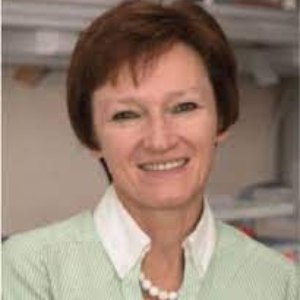Abstract:
Despite recent progress in leukemia pharmacology, particularly in chronic myelogenous leukemia (CML) treated in chronic phase with imatinib, some patients exhibit resistance or intolerance to chemiotherapy. Therefore the search for new therapeutics for leukemias, of improved selectivity towards cancer cells, remains necessary. Recently novel derivatives of dicarboximides were found to be selectively toxic towards CML (K562), acute myelogenous (HL-60) and acute lymphoblastic (MOLT-4) leukemia cells while non-toxic to normal primary human endothelial cells (HUVEC).1,2 The IC50 values for dicarboximides in K562 and HL-60 cells were similar or lower to IC50 of registered drugs, such as cytarabine, sorafenib or irinotecan. Therefore we aimed at preclinical evaluation in cellular and animal models of the antileukemic activity of the new derivatives of dicarboximides and at identification of molecular mechanism of action. Using cleavage assay of caspase 3, 7, 8, 9 and PARP, flow cytometry AnnexinV assay, immunoblotting, and qRT-PCR, we found that dicarboximides 7, 9 and 10 induced apoptosis in K562 and MOLT-4 cells via receptor and mitochondrial pathways. Specifically, compound 9 induced cleavage of caspase 8 and 9, and increased the expression of proapoptotic and cell cycle arrest genes. Compound 9 was further identified as adequate for testing in vivo, including determination of its formulation and way of administration in mice. The pharmacokinetics (PK) of compound 9 was established, followed by identification of its non-toxic concentration range in mice. Finally, efficacy of compound 9 was demonstrated in a mice CML model. Obtained characteristics allow to accept compound 9 as the leading candidate for further development as anti-leukemic agent.




